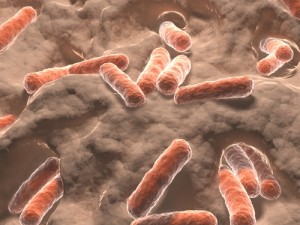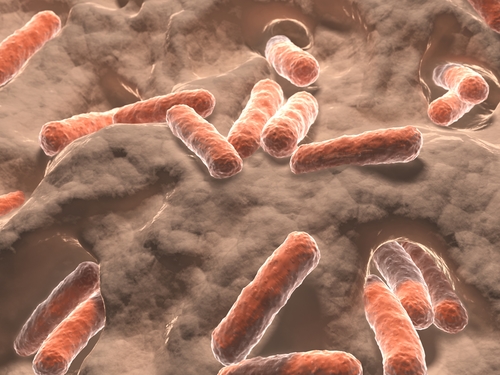 In a recent study entitled “Diet Dominates Host Genotype in Shaping the Murine Gut Microbiota,” researchers are suggesting diet may be a stronger factor in modulating microbiome in the gut compared to genetics. The study was published in the journal Cell Host & Microbe.
In a recent study entitled “Diet Dominates Host Genotype in Shaping the Murine Gut Microbiota,” researchers are suggesting diet may be a stronger factor in modulating microbiome in the gut compared to genetics. The study was published in the journal Cell Host & Microbe.
Gut microbiome is increasingly being recognized as a key factor in determining human health, with changes in its composition associated with a wide range of conditions, including inflammatory bowel disease (IBD). Notably, however, while the human gut microbiota is composed in general of approximately 70 bacterial species, there is variation among individuals. Furthermore, while the members of the gut microbiota can be stably maintained for years, the relative abundance of each member is quite dynamic. What causes these variations between individuals and over time is incompletely understood.
In this study, a research team led by Peter Turnbaugh sought to determine what drives these changes in the gut microbiota: is it our genome or our diet? To answer this question, the authors administered two different types of diet — a low-fat, high-plant-polysaccharide diet (LFPP) and a high-fat, high-sugar diet (HFHS) — to five inbred mouse strains (mice that are genetically identical), and to “knockout” mice that lacked the genes known to play a role in determining gut microbiome — mouse strains used in the study included MyD88 –/–, NOD2–/–, ob/ob, and Rag1–/– – and a Diversity Outbred (DO) population of mice.
The authors discovered that diet was the major driver of microbiome diversity, with the different diets increasing the abundance of members of the Firmicutes phylum, while it decreased those belonging to the Bacteroidetes phylum, independently of mice genotype. Furthermore, the team of researchers when trying to understand the temporal dynamics of diet-induced changes, found that these changes happen quickly with an HFHS diet, inducing changes in microbe abundance within 3 days in mice previously fed with an LFPP diet.
Interestingly, the team also observed that when mice were re-introduced to their original diets, while the majority of their microbiome reversed, this was not the case for all members. Therefore, the authors identified bacterial species that actually depend on past diet exposure, a phenomenon described as hysteresis.
Peter Turnbaugh noted in a press release, “These new results emphasize that, unlike a mammalian genome — which is relatively constant — the microbial genomes that comprise the gut microbiome are relatively plastic. It may someday be possible to design diets that shape the gut microbiome in a way that is therapeutically beneficial. The good news is that the microbial response to a given diet may be similar for many people’s microbial communities, suggesting that we might not need to tailor interventions differently for every single person.”

